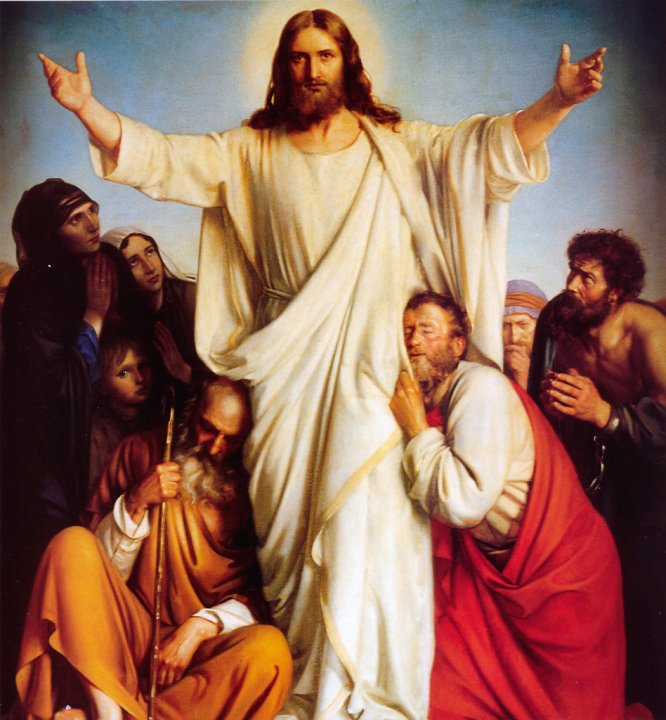26th Sunday in Ordinary Time-A
I Reading: Ezekiel 18:25-28: When the sinner renounces sin, he shall
certainly live.
II Reading: Philippians 2:1-11: In your minds, you must be the same as Christ
Jesus.
Gospel: Mt. 21: 28-32: John came, but it was the sinners who
believed in him.
The Parable of Two Sons: What It Takes to Enter God’s Kingdom
God
wants us all to be saved on this earth and in heaven too. The basic demand that
God makes of us is to do the will of God/Father in heaven (Mt 7:21). In the
second reading, Jesus saved us through his perfect obedience to the plans of
his Father. In the parable of the two sons narrated in today’s Gospel, Jesus warns
us that doing his Father’s will is not a matter of words but of deeds.
The
first reading tells us that God condemns no one; it is man himself who chooses
to be lost by committing sin and refusing to repent. God saves everyone who
does His will, but we must say “yes” to God, but so much with lips but with our
deeds. Jesus is the Son who always said “yes” to his Father by total obedience
and humility until death on the cross, as a result, God raised him high and gave
him the name…that all beings should bend the knee in the name of Jesus and that
every tongue should acclaim Jesus Christ as Lord, to the glory of God the
Father.
What
does it take to enter God’s kingdom? Not only profession and righteousness but
also repentance and belief. In this passage Jesus wanted to convey a critical
message to the Jewish leaders by saying a parable of two sons and asking the
question, “What do you think?” that would determine their eternal destiny. Now
we analyze the parable of two sons:
1. The Parable is simple and clear. It
concerns a man who had two sons. Notes several facts.
a.
Commanding the first son to go and work in his vineyard is an emphatic imperative. There is no
other alternative choice to excuse.
i.
He
says “I will not.”
ii.
He
later changes his mind and goes to work.
b.
Commands
second son.
i.
He
says, “I will, sir.”
ii.
He
never goes to work.
c.
The
first son did what his father wanted.
2. Jesus gave the point of the parable:
Sinners enter the kingdom before religionists (the self-righteous and those who
make a false profession).
i.
Jesus
identified the man and the two sons in the parables.
ii.
Jesus
identified the vineyard and work that was to be done. The vineyard is the kingdom
of God and the work is “entering the kingdom of God.”(Mt 19: 23-24).
iii.
Jesus
clearly stressed the point of the parable. “I tell you the truth.” “Sinners,
the tax collectors and prostitutes entering the kingdom of God ahead of you.”
iv.
Jesus
shocked his audience. He declared that people’s idea of religion is wrong.
3. The reason: Religionists do not
believe John that Jesus is the Son of God.
a.
Yet
John was righteousness
b.
Sinners
believed John
c.
The
religionists’ problem: They have changed lives but still do not repent and believe.
Thought: The
great tragedy of religionists is this: they stand aloof. They reject the
counsel of God. They do not listen, obey, go, and work in His vineyard with
obedience and humility.
Jesus opened
the way to salvation for everyone by submitting to the plans his Father had
laid down for him to save the world. God saves all who do his will and obeys Him with humility.
